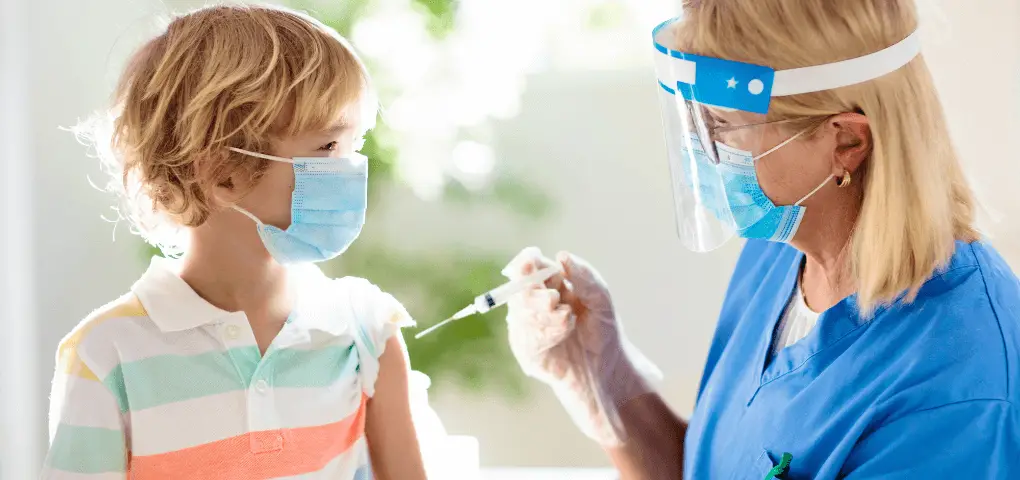
When the COVID-19 pandemic first started in 2019, the world spiraled into a panic. Children were no exception to the worries and concerns that this new virus brought. With schools shutting down, kids being forced to stay home, and adults getting sick and even dying from the virus, it’s no wonder many parents became worried about their kids.
As the pandemic dragged on into 2020 and vaccines began to be developed, a lot of people finally saw hope. After all, if there was finally a way to prevent the spread of the virus and protect people from getting sick! However, as more information about the vaccine became available, parents began to wonder if it was safe for their children.
This article will focus on children and COVID vaccine so that parents can decide whether vaccinating their kids is the best choice or not.
Understanding COVID and Kids
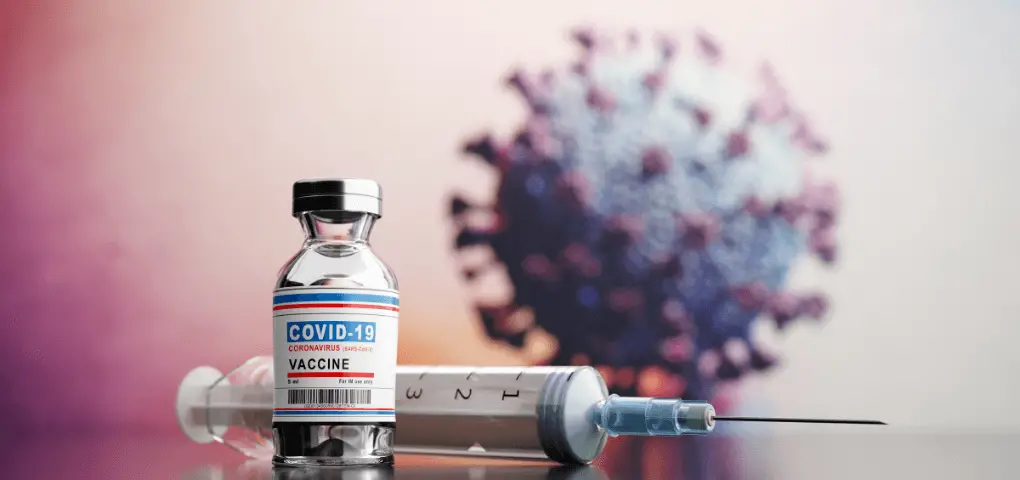
The first thing that parents need to understand is how COVID-19 affects children, especially younger children. According to the Centers for Disease Control and Prevention (CDC), children seem to be less likely than adults to get sick from COVID-19. In fact, of the few kids who have gotten sick enough to be hospitalized, most have had only mild symptoms.
However, this doesn’t mean that children can’t get sick from COVID-19 at all. Children of all ages, including infants, can get the virus; some have even died. This is why it’s so important for parents to make sure that their kids are as protected as possible from the virus. Clinical trials have shown that disease control measures still raise safety concerns, which is why children must get vaccinated to prevent serious adverse events.
The main reason why kids are less likely to get sick from COVID-19 is that they don’t tend to interact with people as much as adults do. Children are more likely to be at home with their families and less likely to be out in public places or working in close contact with others.
However, this does not mean children are exempt from ongoing safety monitoring. Disease control and prevention clinical trials recommend that to eliminate safety concerns, all pediatric age groups must comply with the COVID-19 vaccine and other vaccines to prevent severe illness.
This is why the CDC recommends that children over the age of two should wear a mask when they’re around people who don’t live with them. Children under the age of two should not wear a mask because they might choke on it or have difficulty breathing. Children vaccinated must still adhere to these safety guidelines at all times. This way, severe illness can be prevented, and disease control measures will be strengthened.
It’s also important for parents to understand that even though children might be less likely to get sick from COVID-19, they can still spread the virus to others. This is why it’s so important for parents to ensure that their kids follow all of the CDC’s recommendations for preventing the spread of COVID-19, such as wearing a mask, washing their hands often, and avoiding close contact with people who are sick.
Getting booster doses must also be encouraged for all vaccine recipients to enhance vaccine efficacy. The younger age group of children will truly be able to prevent any serious illness as long as they adhere to the guidelines of vaccination providers.
Vaccinating Children Against COVID-19
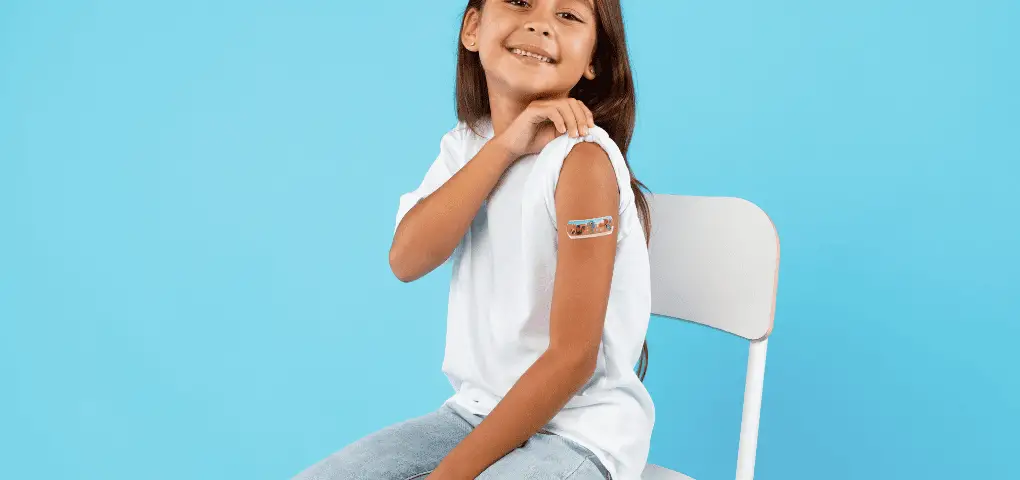
Now that we know a little bit more about how COVID-19 affects children, let’s talk about the vaccine. The COVID-19 vaccine is still new, and a lot of research is being done on it. However, the vaccine is safe and effective in adults. Therefore, vaccine recipients have nothing to worry about in this regard.
As a result, the CDC has recommended that children get vaccinated against COVID, too. At first, only children aged 16 and up were eligible for the vaccine. However, the CDC has recently expanded its recommendations to include children as young as 12.
The CDC is still working on gathering more data on how well the vaccine works in children. In the meantime, they are recommending that parents who want to vaccinate their kids should do so. Fully vaccinated kids eliminate the risk of being severely immunocompromised. Current vaccines have proven to be effective for children of all ages.
Parents should keep in mind that the safety and effectiveness of the COVID-19 vaccine are still being studied in children. As more data becomes available, the CDC will continue to update its recommendations for vaccinating children against COVID-19.
In the meantime, parents who want to protect their kids from the virus should consider getting them vaccinated. Those who have questions or concerns about the vaccine should speak to their child’s doctor. This way, they can make an informed decision about whether or not the vaccine is right for their child.
Why Are Some Parents Choosing Not to Vaccinate Ther Kids?
Even though the CDC has recommended that children get vaccinated against COVID-19, some parents are still choosing not to do so. There are a few reasons why this might be the case.
First, as mentioned before, the vaccine is still new, and there is still a lot of research being done on it. This means that some parents might not feel comfortable vaccinating their children until more is known about the vaccine.
This is a reasonable concern. However, it’s important to remember that the vaccine has been shown to be safe and effective in adults. Children are likely to have a similar experience with the vaccine.
Second, some parents might not want to vaccinate their children because they’re worried about side effects. This is also a reasonable concern. However, it’s important to keep in mind that the side effects of the vaccine are usually mild and go away on their own after a few days.
Third, some parents might not want to vaccinate their children because they’re worried about the long-term effects of the vaccine. This is a valid concern. After all, we don’t yet know what the long-term effects of the vaccine might be.
However, it’s important to remember that the risks of not getting vaccinated against COVID-19 are much greater than the risks of getting vaccinated. Children who get vaccinated against COVID-19 will be much better protected against the virus than those who don’t get the vaccine.
So, what’s the bottom line? The CDC has recommended that children get vaccinated against COVID-19. However, the decision of whether or not to vaccinate your child is up to you. If you have any questions or concerns about the vaccine, you can always consult with your child’s doctor. This way, you will be able to have a professional’s opinion on whether or not the vaccine is right for your child.
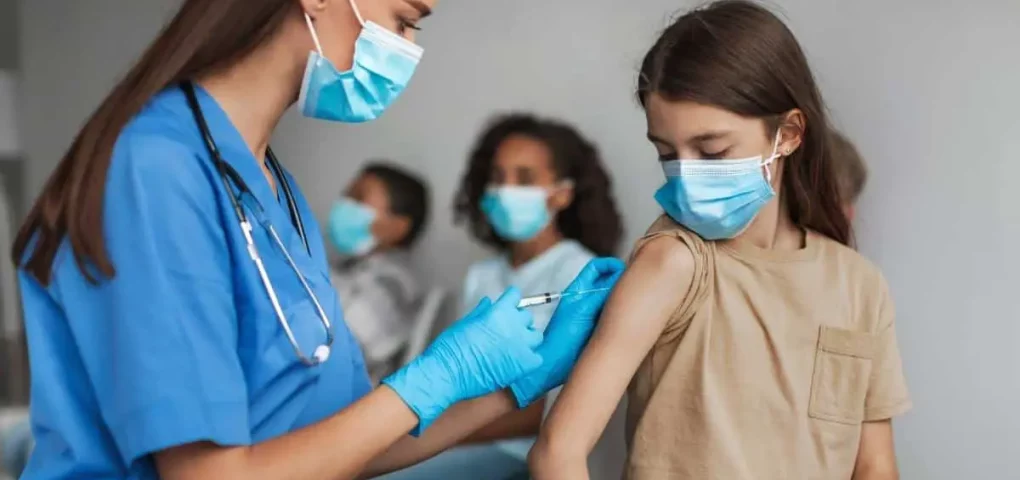
Can a Child Who Has Contracted COVID in the Past Get Vaccinated?
Yes, a child who has contracted COVID in the past can get vaccinated. In fact, it’s recommended that they do so. Children who have had COVID in the past are at a higher risk of contracting it again. Therefore, it’s important for them to get vaccinated so that they can be better protected against the virus.
However, there is a tendency that if ever a child contracts COVID again, the second time around will be less severe. This is because the first time a child contracts COVID, they develop antibodies against the virus. These antibodies help to protect them from getting sick again.
Are COVID Vaccine Doses for Children and COVID Vaccine for Adults the Same?
Yes, Pfizer vaccines give children a three-milligram dose of vaccine. Approximately 2500 people in each age group received ten microgram doses. All ages 12 and older receive a 30-microgram dose. Moderna Vaccine combines two 250 microgram doses of the vaccine with two 200 microgram doses of the vaccine. This is the same amount given to adults. Children under the age of 18 will receive two doses that are four weeks apart.
Which COVID Vaccine Is Now Approved for Young Children?
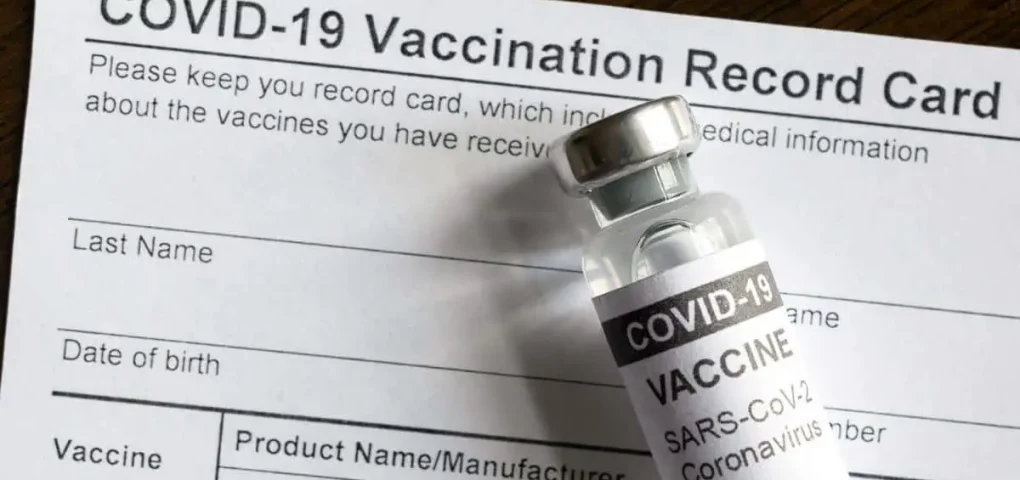
The Pfizer vaccination program is recommended for infants from six months. The vaccine is currently being made available by Pfizer. Moderna vaccine has an age of 6 months. Children under the age of 18 will receive two doses that are four weeks apart. The first dose should be given when the child is at least 12 years old, and the second dose should be given four weeks later.
Pfizer has not yet released specific data on how well the vaccine works in children under 16, but it is expected to be similar to the effects seen in adults. Moderna is in the same boat as Pfizer regarding the effects of their vaccines on children.
Children are a top priority for getting vaccinated against COVID-19. However, some parents might not want to vaccinate their children until more is known about the vaccine.
What Are the Possible Side Effects for Children Who Get Vaccinated?
These side effects usually go away on their own after a few days. If they don’t, you can always consult with your child’s doctor.
If your child experiences any of these side effects, you should consult with their doctor. These side effects could indicate that your child is allergic to the vaccine. If this is truly the case, then they will need to be treated accordingly.
What Is the Basis for Long-term COVID-19 Vaccine Side Effects in Children?
When the announcement that children should get the COVID-19 vaccine was first made, many parents were worried about the long-term effects of the vaccine. However, no evidence suggests that the COVID-19 vaccine will have any long-term side effects.
Some parents are worried about the vaccine’s long-term side effects because we don’t yet know what they might be. Therefore, many parents have resorted to drawing their own conclusions about the matter. However, it’s important to remember that no evidence suggests that the vaccine will have any long-term side effects. Until we have more information, we shouldn’t jump to any conclusions.
At this point, parents must be more concerned with the short-term effects of the COVID-19 virus. Children contracting the virus can experience severe symptoms such as pneumonia and death. Therefore, it’s important for parents to weigh the risks and benefits of vaccinating their children.
Now that the pandemic is slowly coming to an end, it’s important for parents to make sure that their children are vaccinated. After all, there is no telling that the COVID-19 pandemic is truly over.
Even if the world is slowly going back to normal, there are still a lot of unknowns when it comes to the virus. Therefore, parents need to vaccinate their children so that they can be better protected against the virus.
Are COVID Vaccines Effective?
Yes, the COVID vaccines are effective. However, it is still important for people to continue following safety guidelines even after getting vaccinated. This includes wearing a mask, maintaining social distance, and washing their hands regularly.
It’s also important to remember that the vaccine is not 100% effective. There is still a small chance that you can contract the virus even after getting vaccinated. However, the chances of this happening are very low.
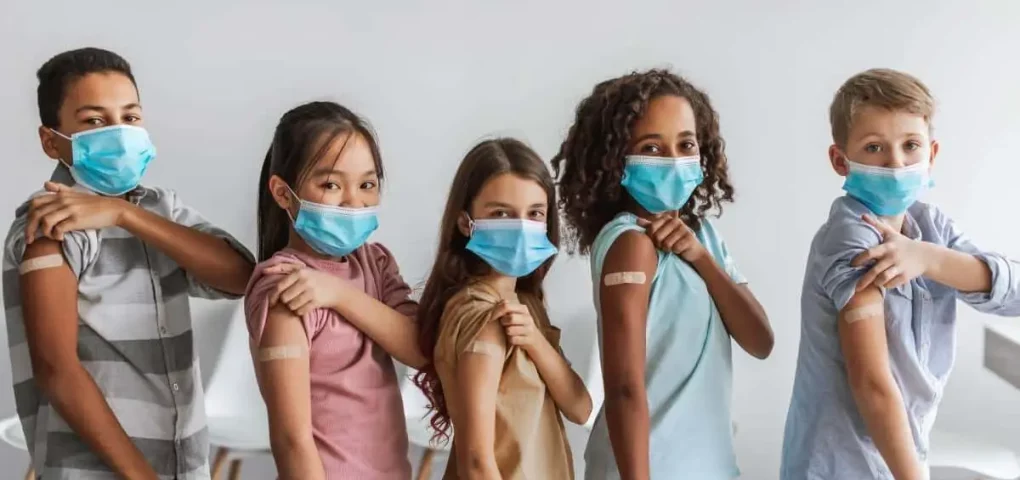
Will Schools Require Kids To Be Vaccinated Against COVID Before Admission?
This is a difficult question to answer. Some schools might require students to be vaccinated against COVID before admission. However, other schools might not have this requirement.
It’s important for parents to check with their child’s school to see if they have this requirement. If the school does require students to be vaccinated, then the parents must comply with this requirement.
However, if the school does not have this requirement, parents can choose whether or not to vaccinate their child. Ultimately, it’s up to the parents to make this decision.
Should Parents Wait Until an Omicron-specific Vaccine Is Developed?
No, parents should not wait until an omicron-specific vaccine is developed. The chances of this happening are very slim. Instead, parents should vaccinate their children with the available vaccines. This way, their children will be better protected against the virus.
Conclusion
The COVID-19 pandemic has been a difficult time for everyone. Children have been especially affected by the virus. However, a vaccine is now available that can help protect children from the virus.
Even though the vaccine is effective, it’s still important for people to follow safety guidelines against COVID. It’s always better to err on the side of caution so that you can protect yourself and your family from the virus.
Even though the pandemic is slowly coming to an end, there are still many things we do not know about the virus. Therefore, parents need to make sure that their children are vaccinated against COVID. This way, parents will feel more confident that their children will not become overly vulnerable to the virus.


Leave a Reply